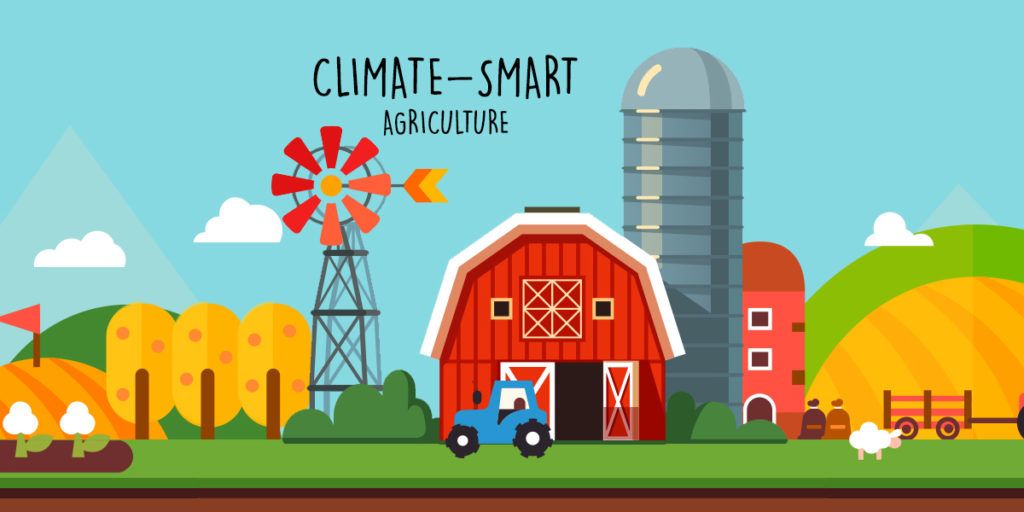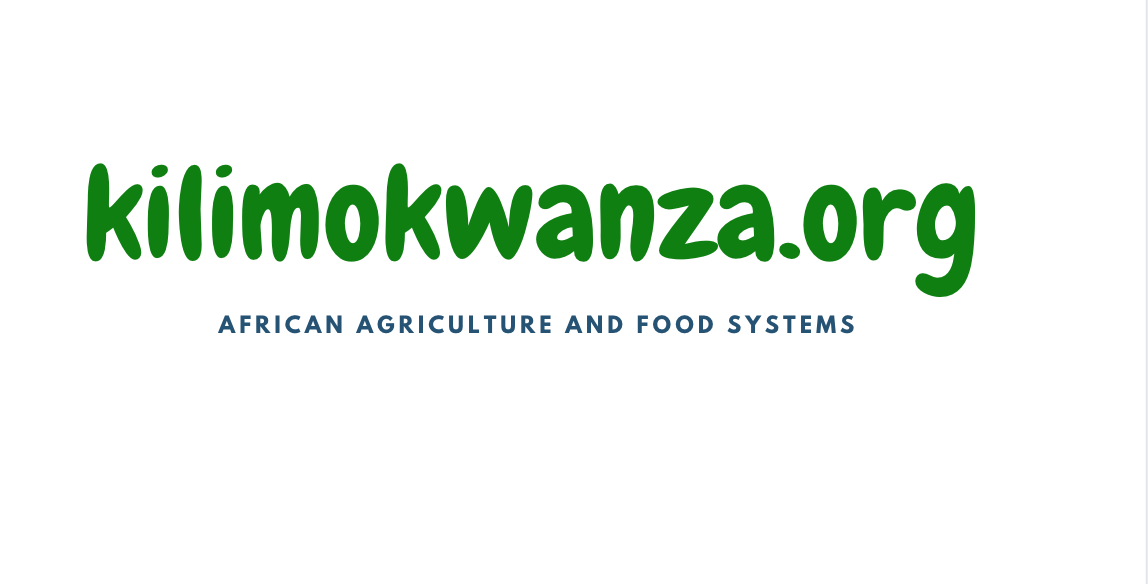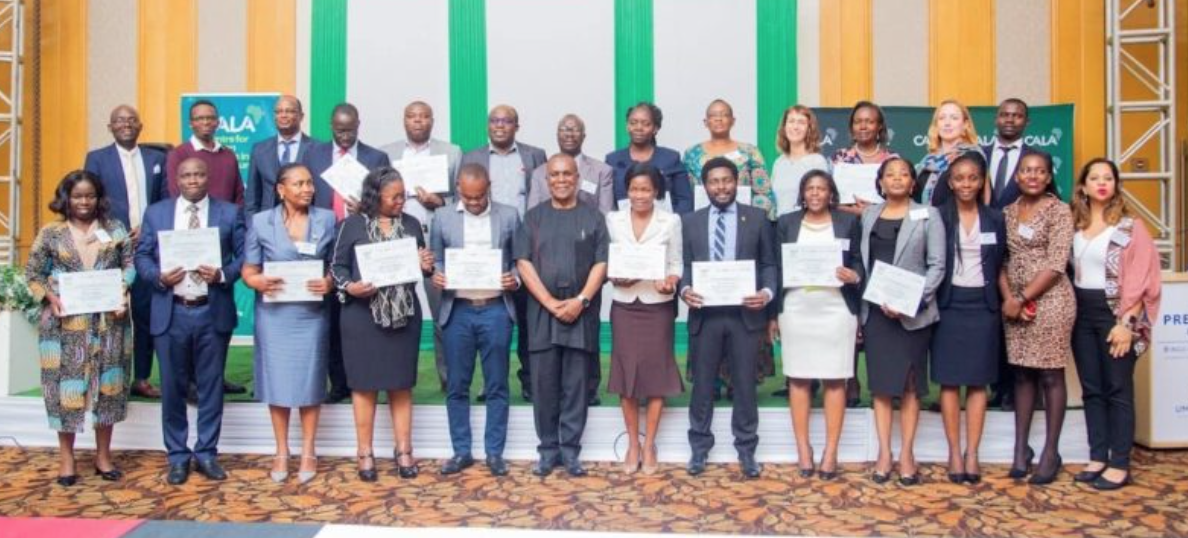Intense wildfires of 2019 highlight urgent need for transition to climate-smart agriculture

New research to be presented at conference in Bali showcases opportunities for more sustainable farming practices that help meet climate goals as well as rising food demand.
Bali, INDONESIA – Extreme land and forest fires across Indonesia and the Amazon have heightened the need for “climate-smart” practices to transform food production, according to experts.
Against a backdrop of severe environmental events this year, which have also included historic hurricanes, cyclones and monsoons, scientists, researchers and policymakers are gathering in Bali to advance sustainable agriculture as a priority for the next decade.
A raft of new research due to be presented at the three-day Global Science Conference on Climate-Smart Agriculture, which began today, offered insights and solutions that both increase productivity and minimise the environmental impact of farming.
“Recent events such as forest fires around the world have only raised awareness of the increasingly fragile state of our environment and climate,” said Bruce Campbell, Program Director for the CGIAR Research Program on Climate Change, Agriculture and Food Security (CCAFS), which is co-hosting the event.
“We are on course for a three to four-degree warmer world. As we will hear over the next three days, there are many opportunities for agriculture to mitigate its contribution to climate change as well as adapt to farming under new, extreme conditions. We hope this conference will bring together all those with a part to play in bringing them to fruition.”
Among the “climate-smart” initiatives presented at the event were pioneering “Science Field Shops”, which have supported rice farmers in Indonesia to gather and then digitise their own historic weather data, allowing them to develop their own climate-smart references and resources.
Other research highlighted opportunities to reduce livestock emissions through optimising diets according to the specific needs of individual animals. A study of dairy cattle in Lembang, West Java, found emission reductions of up to 15 per cent with tailored feed rations.
Elsewhere, researchers found that self-help groups and social media were particularly effective among female farmers in Kenya, Tanzania and Uganda for promoting knowledge around crop and seed diversity to improve resilience against extreme weather.
“It is clear that there is an enormous variety of creative ways to improve agriculture in Indonesia and worldwide to achieve more with fewer resources and less impact,” said Marcel van Nijnatten, Senior Policy Advisor, Dutch Ministry of Agriculture, Nature and Food Quality.
“By bringing together all those who can help implement them, we hope there will be some exciting new partnerships as a result of this conference.”
A flagship big-data platform that assessed the impact of 100 agricultural technologies across Africa is due to be launched at the event. Evidence for Resilient Agriculture (ERA) contains more than 75,000 data points from around 1,400 studies covering indicators such as yield, soil carbon and resource use efficiency.
As well as research into improving production, a new paper to be launched at the event also highlights the need to address and influence consumer behaviour to transform global diets.
The report, released as part of a new initiative, finds that the necessary shift in diets to meet the 2030 climate and hunger goals is possible through a combination of government policies, retailer efforts and public engagement.
“We know we must transform how we farm and how we eat if we have any chance of successfully coping with climate change,” added Dr Campbell.
“Of course, responses will differ significantly between rich, industrialised countries and low- and middle-income countries. This conference is about helping us to work out the most prospective options for different societies, environments and farming systems around the world.
“The tools and means to do so exist. Now we need to find creative and ambitious ways of delivering them to the people who need them most.”
For further details or interview requests, please contact:
Donna Bowater, Marchmont Communications: Donna@marchmontcomms.com or +44 7929 212 534
About
The 5th Global Science Conference on Climate-Smart Agriculture is hosted by:
- The CGIAR Research Program on Climate Change, Agriculture and Food Security (CCAFS)
- The Australian Centre for International Agricultural Research (ACIAR)
- The Ministry of Agriculture, Nature and Food Quality of the Netherlands
- The Ministry of Agriculture of the Republic of Indonesia
More information on the event is available online at https://globalcsaconference.org/
CCAFS
CCAFS is a collaboration among all 15 CGIAR Research Centres and coordinates with other CGIAR research programs. CCAFS seeks to address the increasing challenge of global warming and declining food security on agricultural practices, policies and measures through strategic, broad-based global partnerships.


